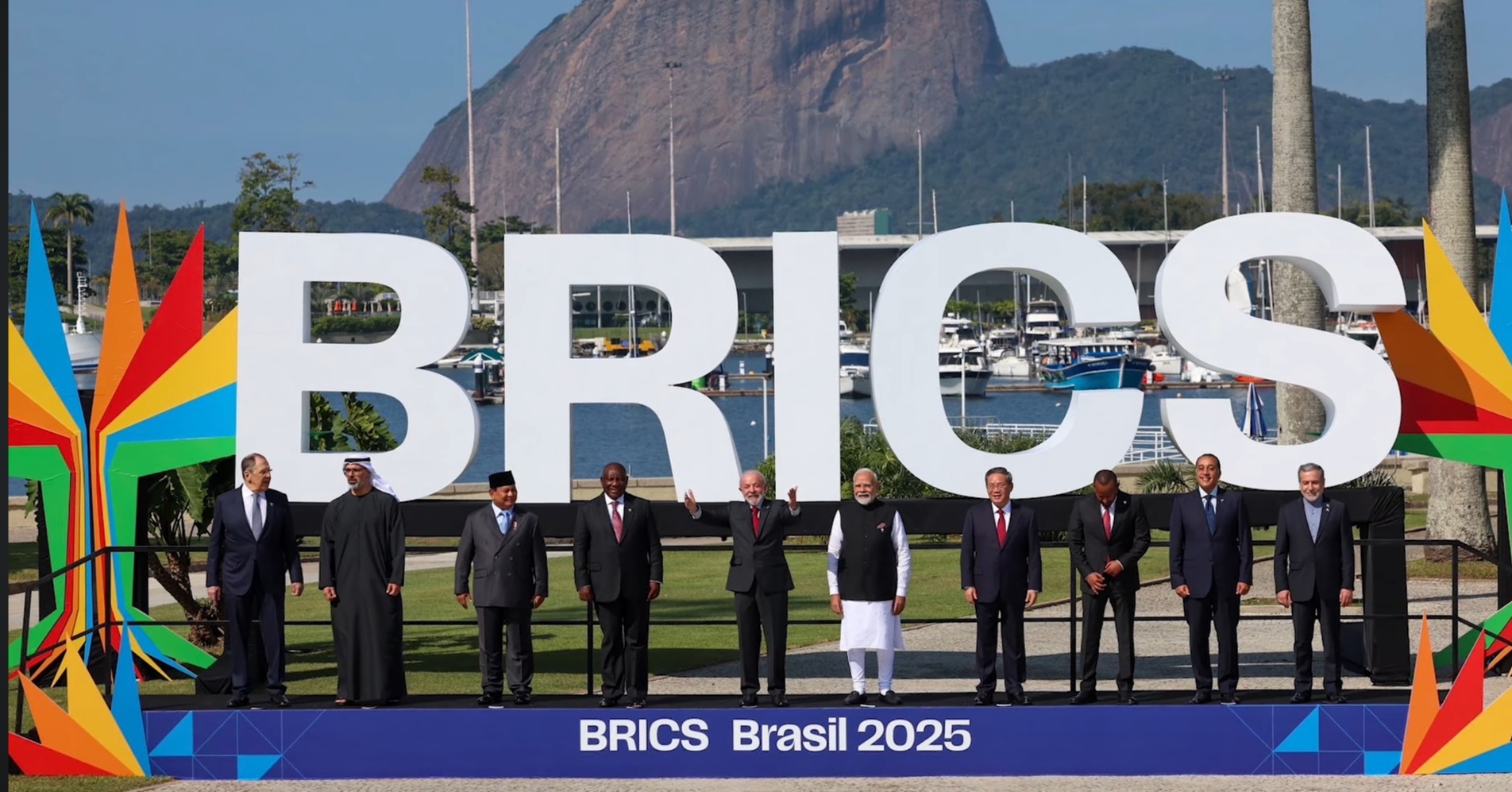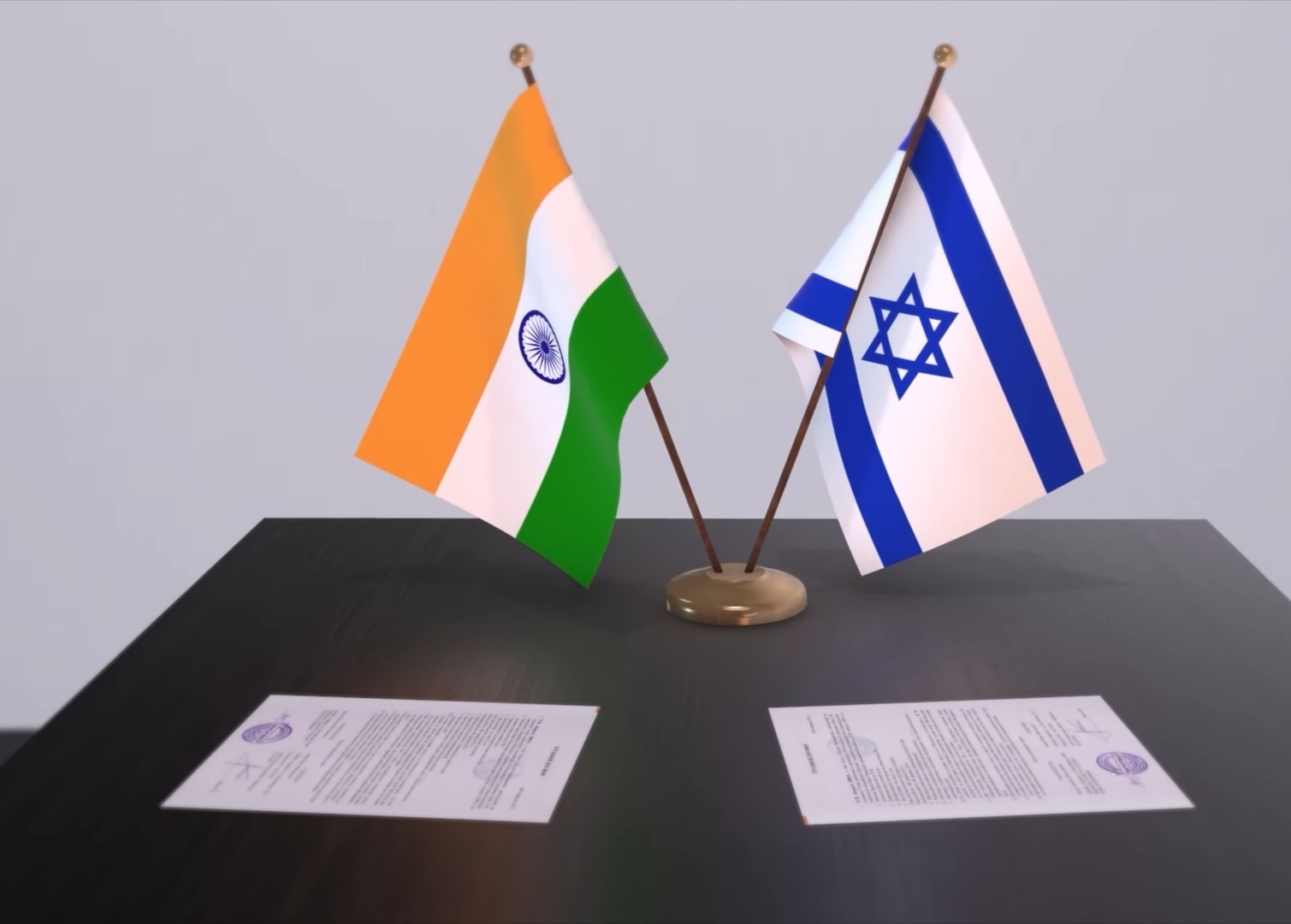 India’s recent diplomatic journey has been bold, strategic, and closely watched by the world. It began at the 2025 SCO Summit, where India refused to sign the final declaration due to differences with Pakistan and China, particularly over their unwillingness to address the issue of cross-border terrorism. This strong decision sent a message that India won’t compromise on national security.
India’s recent diplomatic journey has been bold, strategic, and closely watched by the world. It began at the 2025 SCO Summit, where India refused to sign the final declaration due to differences with Pakistan and China, particularly over their unwillingness to address the issue of cross-border terrorism. This strong decision sent a message that India won’t compromise on national security.
Following that, support started pouring in. At the Quad Summit, held shortly after, member countries — the U.S., Australia, and Japan — openly condemned the Pahalgam terror attack in Jammu & Kashmir, standing firmly with India. This show of unity continued at the BRICS 2025 Summit in Brazil, where the world again stood with India.
During the BRICS summit, member countries including Brazil, Russia, India, China, South Africa, and new partners like UAE, Iran, and Egypt came together to condemn the Pahalgam attack, showing a rare moment of consensus on terrorism. It was a diplomatic boost for India, proving that its stand is gaining international support beyond just traditional allies.
However, what caught global attention was BRICS’ strong condemnation of the ongoing Gaza attacks. Surprisingly, this time India did not side with Israel, choosing instead to remain neutral. This marks a subtle shift in India’s foreign policy — balancing relationships while focusing on peace and humanitarian values.
By refusing to bow under pressure at the SCO, gaining support at Quad, and taking a balanced stand at BRICS, India is slowly emerging as a global balancer — not just reacting, but shaping global conversations on peace, terror, and diplomacy.
Stay connected with Thangnews24.com for real-time updates and deeper insights into India’s changing role on the world stage.